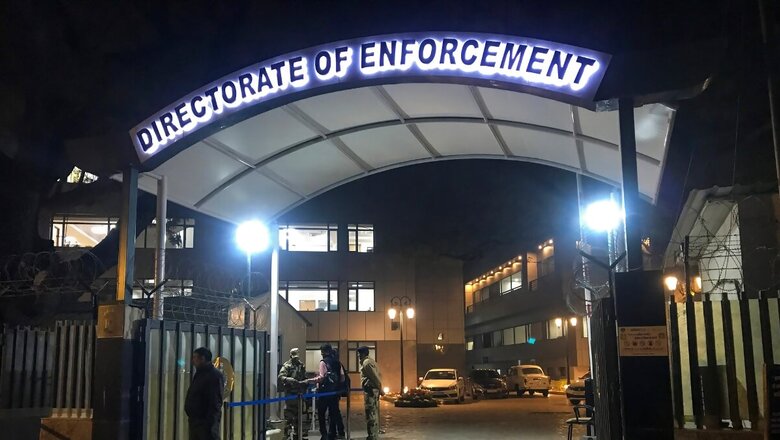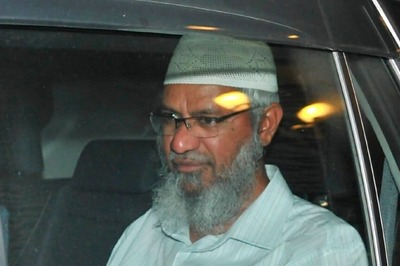
views
The Enforcement Directorate is exempted from the scope of the Right to Information (RTI) Act but it can be directed to supply information concerning human rights violations, which includes allegations of sexual harassment, the Delhi High Court has held.
The court passed the order while dealing with two petitions by the Enforcement Directorate (ED) challenging two orders of the Central Information Commission (CIC) directing disclosure of certain information to RTI applicants.
While one of the applicants sought administrative information pertaining to recruitment rules, the other — a legal adviser to the ED–wanted information related to allegations of sexual harassment made by her. Justice Prathiba M Singh set aside the CIC order passed in the first instance but directed the agency to disclose the information sought by the RTI Applicant in the second case within eight weeks.
“The ED is exempted under Section 24 of the RTI Act, 2005 from disclosing the said information (on recruitment rules). Accordingly, the impugned order dated 27th November, 2019 passed by the CIC is set aside,” the court ordered. “Insofar as W.P.(C) 5588/2019 is concerned, in the opinion of this Court, the information sought in the RTI Application relates to an allegation of sexual harassment by the RTI Applicant/ Respondent..In this case, the non-disclosure of information of allegations of sexual harassment, in the opinion of this Court, would fall clearly within the conspectus of human rights violations, as exempted by the proviso to Section 24 of the RTI Act, 2005,” opined the court in a recent order.
Justice Singh said the consistent view in decisions by the courts has been that organisations like the Intelligence Bureau (IB), ED and Defence Research and Development Organisation (DRDO) are considered to be exempted organisations as per section 24 of the RTI Act but the proviso to this section has been interpreted to hold that the information related to exempted organisations can be disclosed in cases of corruption and human rights violation. About the information sought by the other applicant “only about recruitment rules”, the court said it was “not a case which would involve any human rights violation and is accordingly not exempted by the proviso”.
The benefit of the proviso will be applicable to the RTI applicant who sought certain information pertaining to the allegations of sexual harassment made by her, the court concluded. “The ED is directed to disclose the information sought by the RTI Applicant/ Respondent within eight weeks,” ordered the court as it clarified that it has not examined any allegation of sexual harassment.


















Comments
0 comment